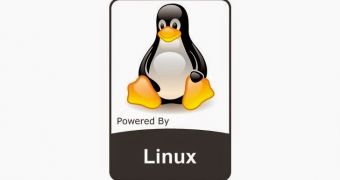Dell is one of the first big companies out there that are finally taking into consideration allowing Linux users to upgrade the UEFI firmware on their devices.
Upgrading the firmware for motherboards is a real problem for Linux users, and the same can be said about firmware in general. If we take a look at the big names in the industry, we'll see that they usually recommend using a Windows OS and Windows-specific tools. That's problematic when you need to upgrade the Bios, for example.
We don't usually see Linux tools developed for this specific task, but it's something that the users have gotten used to over the years. It doesn't make it OK, but it's also not something that can be changed overnight. From the looks of it, Dell is probably the first big company that is trying to change the status quo, and we might soon be able to update the firmware in our Dell systems, from Linux OSes.
Don't get excited just yet
Richard Hughes, one of the GNOME maintainers and developers, along with a developer from Dell, has been fixing some of the issues that have been popping up and making the web service more reliable.
The Linux Vendor Firmware Service was proposed about six months ago, and it mainly addresses vendors to help them provide important UEFI firmware update to Linux users.
"The Dell Edge Gateway will be available for purchase soon. When it goes on sale, firmware updates in Linux will work out-of-the-box. I’ve been told that Dell is considering expanding out the LVFS support to all new models supporting UEFI updates," Richard Hughes wrote on his blog.
Richard also put forth an anonymous survey that should help Dell see what Linux people are actually using (that's a good sign, since they can't get the information from root certificates) so that they prioritize what they put forth.
Dell is just the first company that aims to make this happen, but it looks like other vendors are looking for this solution. It has been also confirmed that Fedora 24 will support this kind of update natively, which should be very interesting, to say the least.

 14 DAY TRIAL //
14 DAY TRIAL //